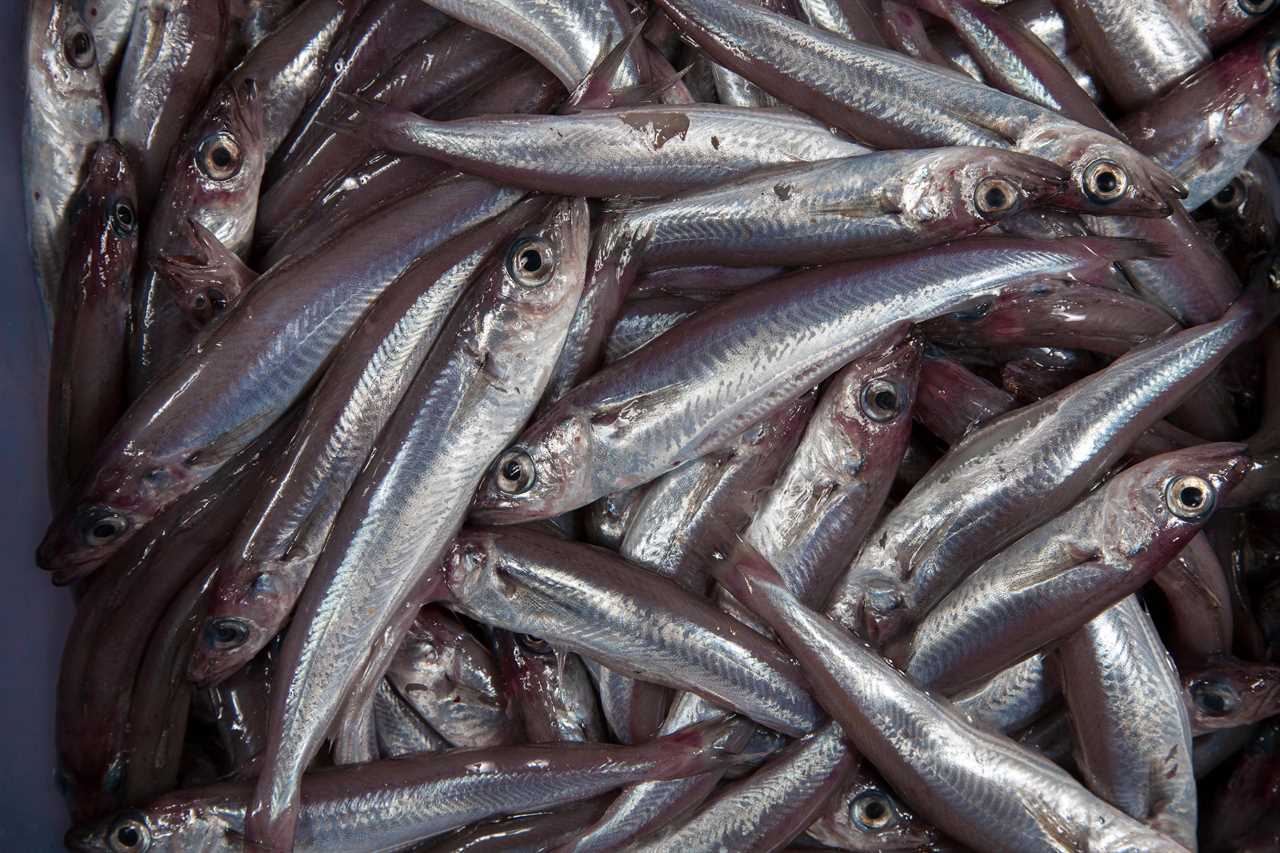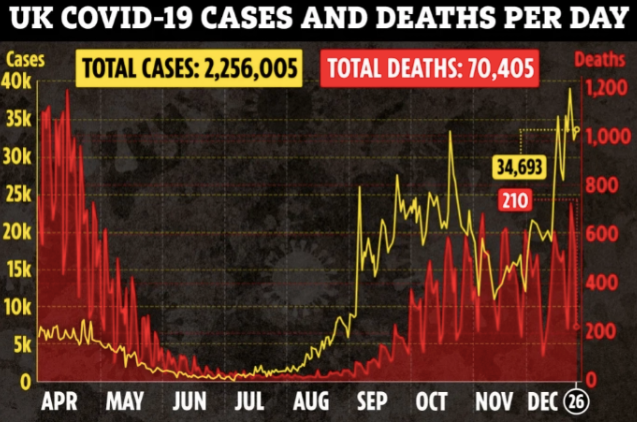THOSE suffering from ‘long COVID’ have reported smelling fish and burning toast – as more worrying symptoms of the killer virus emerge.
Ear, nose and throat surgeon Professor Nirmal Kumar said the “very strange” symptom – parosmia – seems to be particularly affecting the young and healthcare workers.

He was among the first medics to identify anosmia, loss of smell, as a coronavirus indicator in March, and urged Public Health England to add it to the symptom list months before it became official guidance.
After treating and studying patients with long-term anosmia, something he said has affected thousands across the UK, Prof Kumar noticed some were recovering only to then experience parosmia.
He told the PA news agency: “This morning I saw two patients with parosmia. One said they could smell fish in place of any other scent, and the other can smell burning when there is no smoke around.
“Both are healthcare workers, and we think there is increased incidence in young people and also in healthcare workers because of exposure to the virus in hospitals.
“For some people, it is really upsetting them. We are calling it neurotropic virus,” he added.
“What this means is the virus is affecting the nerves in the roof of the nose – it’s like a shock to your nervous system, and the nerves aren’t functioning.”

Daniel Saveski, a 24-year-old banker living in London, said he lost his sense of taste and smell for two weeks after contracting coronavirus in March, and has been suffering with parosmia since.
Mr Saveski, from West Yorkshire, said strong-smelling things like bins now have a burning, sulphur-like odour, or smell “like toast”.
He added: “It’s lessened my enjoyment of food, and it’s a bit depressing not being able to smell certain foods.”
Lynn Corbett, an administrator for an estate agent, said she was “shocked” to wake up on her 52nd birthday in March with “absolutely no smell or taste”.
Ms Corbett, from Selsey in Sussex, said: “From March right through to around the end of May I couldn’t taste a thing – I honestly think I could have bitten into a raw onion such was my loss of taste.”
She said her sense of smell began to return in June, but “nothing smelled like it should”.

“Most things smelled disgusting, this sickly sweet smell which is hard to describe as I’ve never come across it before,” she said.
She added that despite being a “coffee addict” before March, the drink now smells “unbearable”, as do beer and petrol.
Ms Corbett said: “I’m not sure if things will ever return to the way they were.
“I’m OK with it, I just think myself lucky that if I did have coronavirus, which it looks like I did, then I haven’t been seriously ill, hospitalised or died from it like so many others.”
In October we told how a student lost her sense of smell and taste when she caught coronavirus and still hadn’t got it back months later.
Marta Batista, 21, contracted coronavirus in March and hasn’t been able to enjoy a meal or sniff anything other than “rotten plastic” since.
She told how food tastes like bland rubber in her mouth, and she can take no joy in eating.
Charity AbScent, which supports people with smell disorders, is now gathering information from thousands of anosmia and parosmia patients in partnership with ENT UK and the British Rhinological Society.
AbScent recommends “smell training”, which involves sniffing rose, lemon, clove and eucalyptus oils every day for around 20 seconds for those trying to regain their sense of smell.






